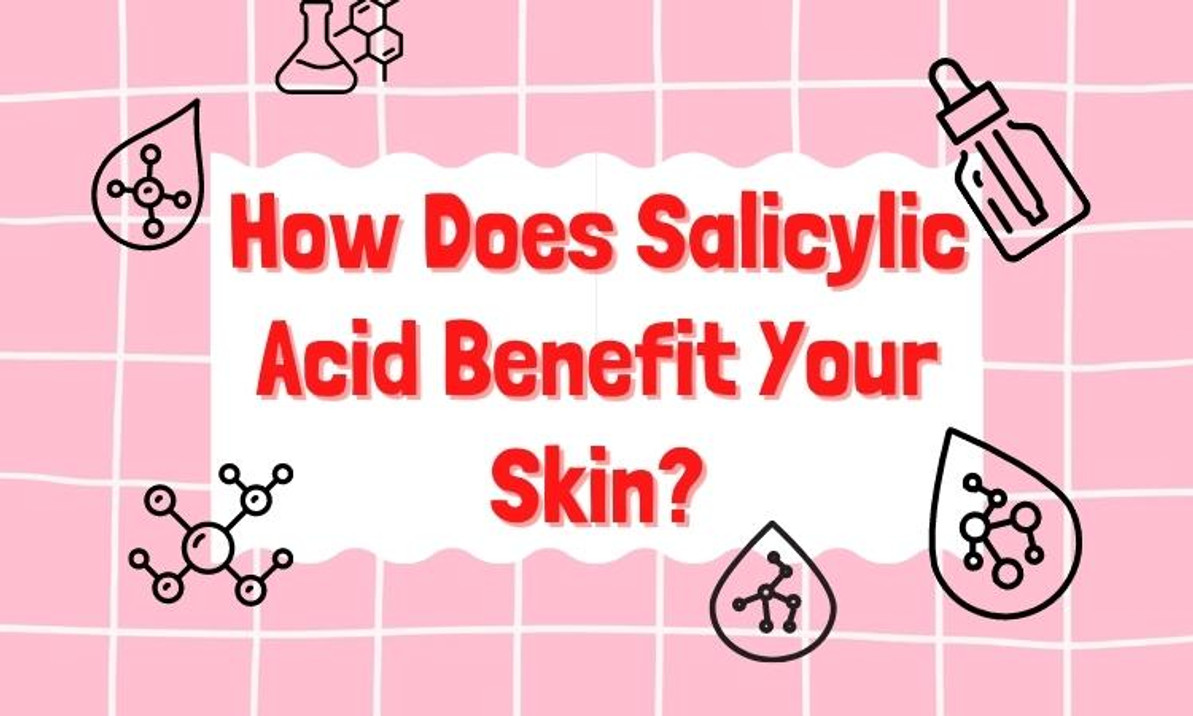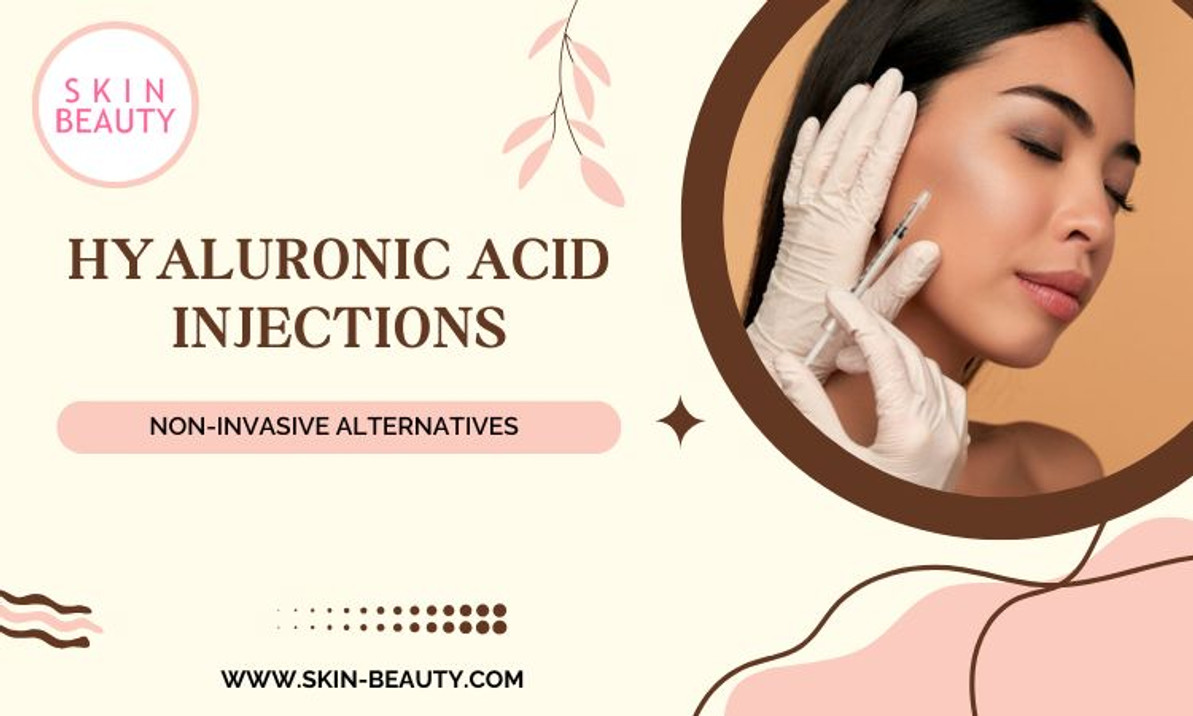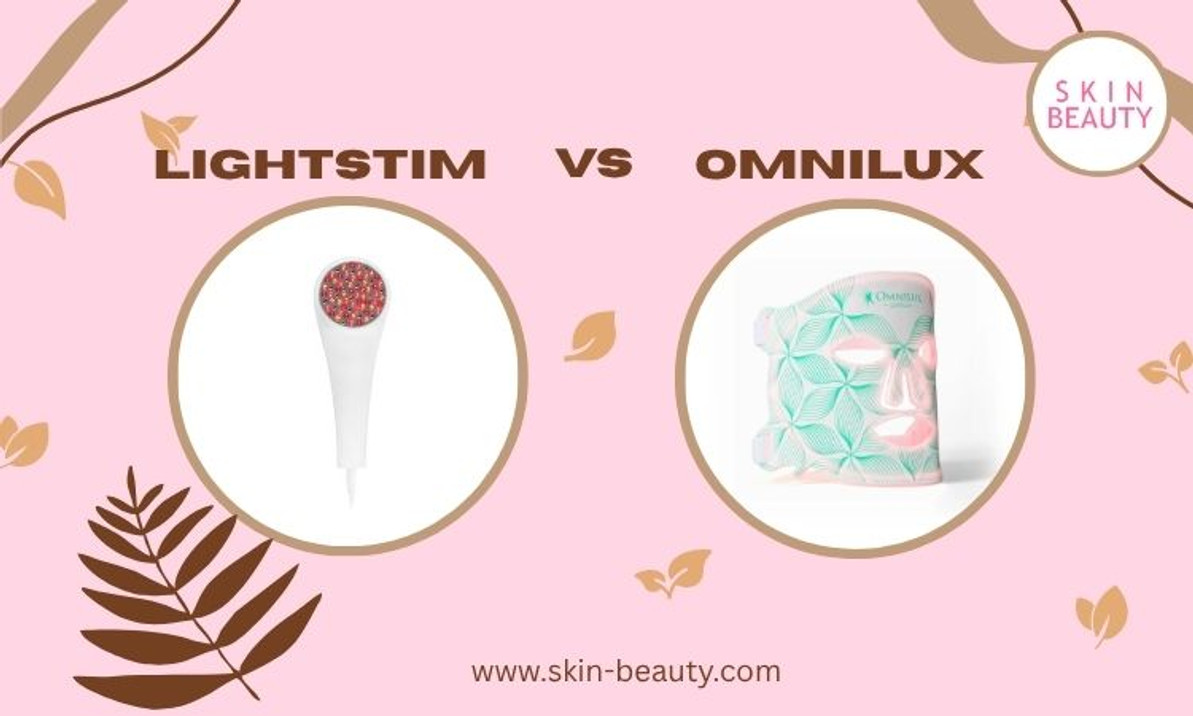How Does Salicylic Acid Benefit Your Skin?
In the constant fight against acne, there are a few key ingredients you should know about, and salicylic acid is number one. Salicylic acid is acne's biggest enemy. You might reach for spot treatment when you see a zit on your face. You put a product on a pimple overnight, and you might wake up in the morning with it dried up and much less noticeable.
What is salicylic acid?
Salicylic acid comes from willow bark and belongs to a class of ingredients called salicylates. Its structure is complicated, but understanding it is essential to learn how it works. You'll often see two types of acids in skincare products: BHAs and AHAs. Salicylic acid is a type of beta-hydroxy acid that has two carbon atoms separating the hydroxyl group from its acids. This structure is crucial because it makes salicylic acid more oil-soluble to penetrate the skin's pores. Generally, oil-soluble ingredients penetrate the lipid layers between the skin cells more readily. Although alpha and beta hydroxy acids exfoliate the skin, AHAs are water-soluble, while BHAs have an oil base. When applied topically, oil-soluble ingredients penetrate the skin deeper than their water-soluble counterparts. AHAs work well on surface layers to loosen old dead cells and reveal new ones for an improved complexion! Salicylic acid works deeper to penetrate the pores to unclog them.
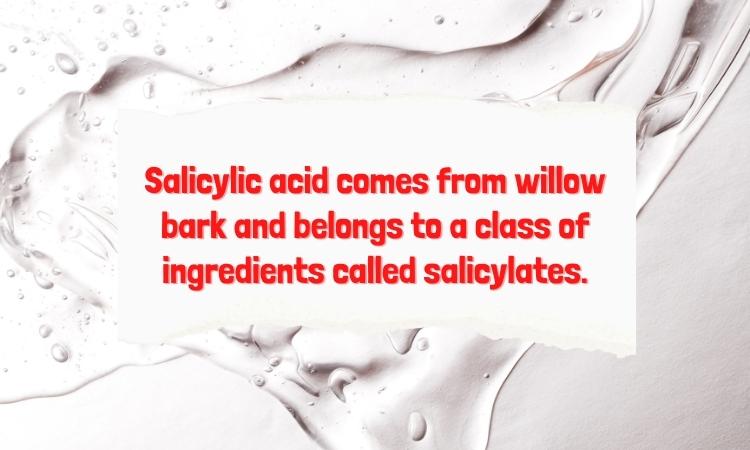
What does salicylic acid do?
Salicylic acid is a potent antioxidant that helps fight off environmental stressors. It improves skin cell turnover by removing excess dead cells from your pores; it gets deep into the pore where you need more help! Timeously, salicylates have been proven effective for targeting acne - primarily black or whiteheads. Once they've penetrated through the top layers of our dermis (the deepest layer), these acids dissolve any gunk stuck around inside--including those pesky impurities making things worse on an inflamed pimple's scene- disrupting inflammation along the way too fast if we don't use some product. In addition, the ingredient can penetrate so deeply into the skin that it breaks down the connections between skin cells.
Is salicylic acid is an exfoliant?
Salicylic acid loosens and breaks apart attachments between cells in the outer layer of the skin. Acne can be painful and frustrating, but there are ways to heal it. One thought about acne is that the skin cells do not behave normally- rather than sloughing off through a healthy cell cycle like in other animals or humans alike (with some exceptions), they stick together into clogged pores, which create cysts and blackheads! Salicylic acid helps remove these pesky blemishes by loosening up tight areas of our epidermis, so dirt doesn't get trapped inside; this way, you won't have as many breakouts when using products designed for acne.
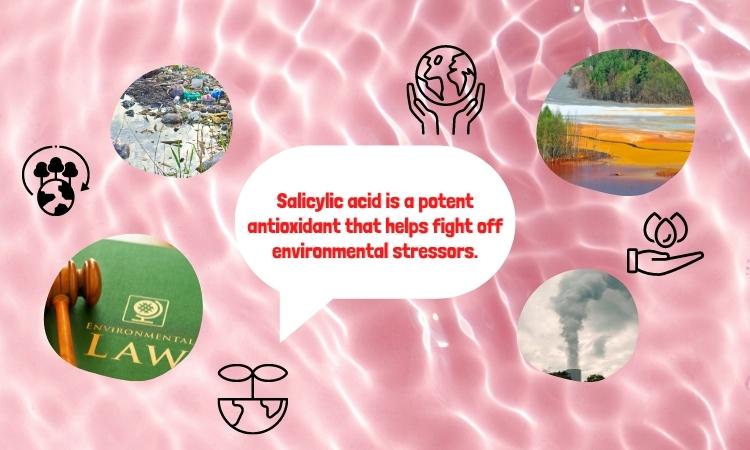
Does salicylic acid work on blackheads?
Three factors typically contribute to acne: an abnormal sloughing off of skin cells, excessive oiliness, and the action of bacteria. Salicylic acid helps by dissolving skin debris that clogs pores and causes acne. In addition, salicylic acid can directly dissolve the keratin plugs and regulate the skin cells.
Is salicylic acid harmful?
There is such a thing as using too much salicylic acid. Salicylic acid's primary negative side effect is its irritating ability, and dry skin is susceptible to those who overuse it. The concentration and the number of times you apply the product in one day can determine a few things; for example, some people may experience dryness, peeling, redness, and skin irritation. For these reasons, those with skin that's already very dry or sensitive should avoid salicylic acid altogether. Still, the concentration of most salicylic acid creams and cleansers is usually low at 2%. When starting a new salicylic acid-based product, always begin slowly. What can be severe: Applying salicylic acid or salicylate to substantial portions of your body can lead to salicylate poisoning. So don't apply a layer of it all over your face or body; stick to only the acne areas.

Can you use salicylic acid daily?
Salicylic acid products are safe to use daily if directed and tolerated by your skin. However, suppose your skin type is dry or sensitive. In that case, it's more likely that salicylic acid could cause some irritation. Therefore, it is best to do a patch test or only use the product once every other day to start.
What are the best salicylic acid skincare products?
Our favorite salicylic acid spot treatment is Murad Rapid Relief Acne Spot Treatment containing two percent ingredient concentrations. The FDA allows manufacturers to make acne-fighting claims for salicylic acid-containing products if they use them between 0.5% and 2%. This is the full range you'll find in over-the-counter skincare items! However, the concentration may be as high as 20 to 30 percent for chemical peels performed at the dermatologist's office.
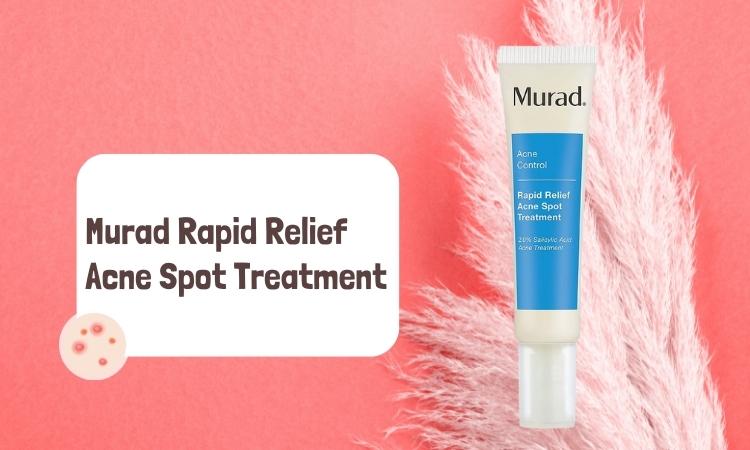
Can you use salicylic acid and vitamin C together?
It's essential to consider how a new product interacts with those already present in your routine. You wouldn't necessarily use both simultaneously, depending on your skin type and your goal. For example, you can use salicylic acid cleansers to cleanse your skin if you are prone to acne and then layer an antioxidant like vitamin C. This treatment's increased benefits come from its ability to brighten the complexion and reduce dark spots left behind from breakouts or other damage caused by environmental factors such as pollution. Hence, the two ingredients naturally fit into one skincare routine for acne-prone consumers.
Does salicylic acid help with dandruff?
Salicylic acid is an ingredient in many acne treatments, but it's not just for blackheads. Experts have found salicylate to speed up the desquamation process and aid conditions such as dandruff or seborrheic dermatitis due to its ability to boost production levels, such as calming skin cells they don't overproduce, leading to faster shedding (blading).
Recent Posts
-
Hyaluronic Acid Injections
Hyaluronic Acid Injections: What to Know & Non-Invasive Alternatives That Actually Work In the p …Jun 17th 2025 -
Kojic Acid Creams
My Kojic Acid Journey: How One Ingredient Transformed My Skin (And the Best Kojic Acid Creams to Try …Jun 11th 2025 -
LightStim vs. Omnilux
LightStim vs. Omnilux: My Real LED Skincare Results & Which One I Recommend LED light therapy&nb …Jun 3rd 2025

